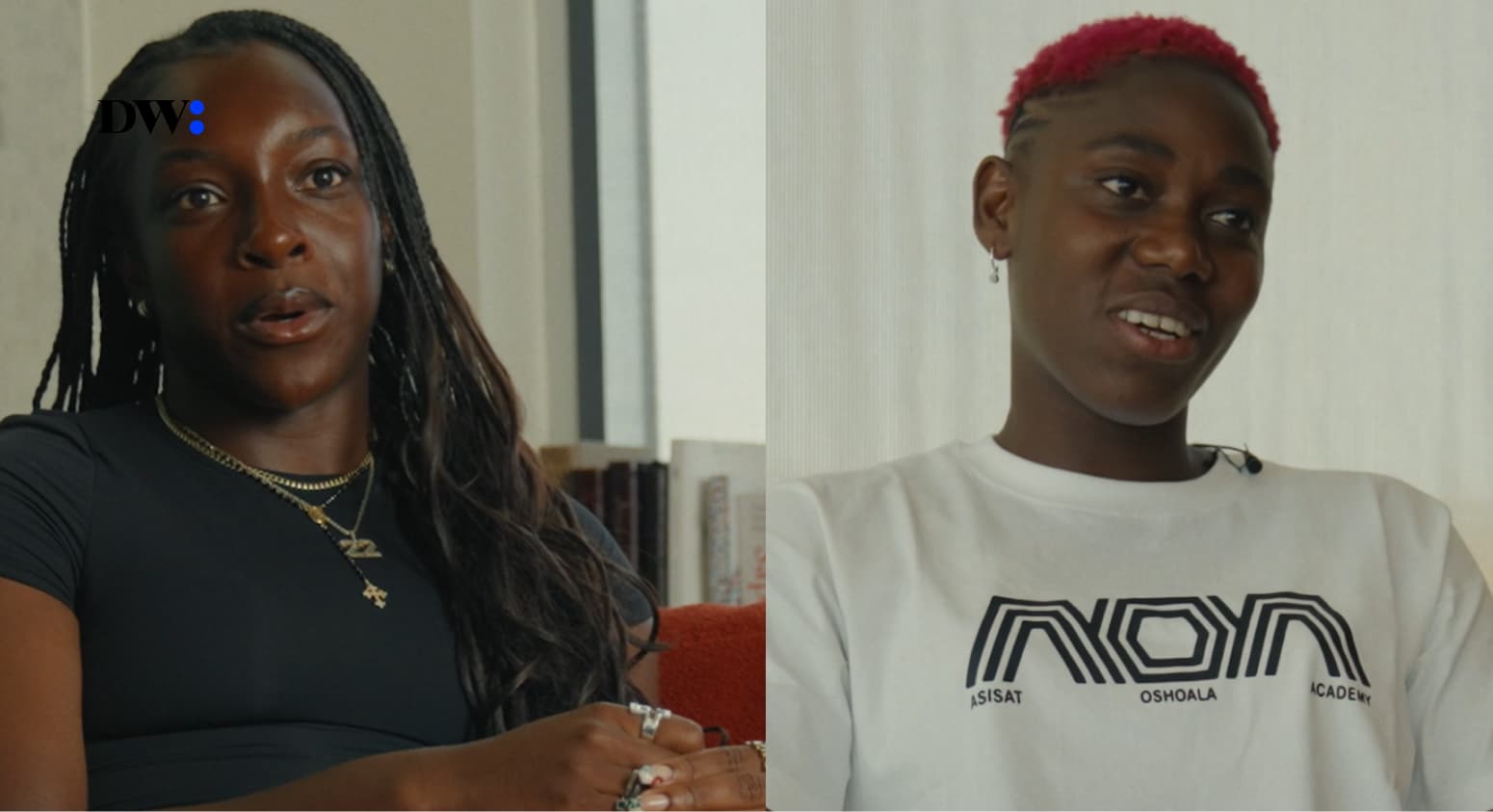A new research has found microplastics in women’s breast milk for the first time in human history.
The research titled Raman Microspectroscopy Detection and Characterisation of Microplastics in Human Milk which was carried out by Polymers and led by Antonio Ragusa, was published in June 2022.
The breast milk research published in the journal Polymers found microplastics composed of polyethene, PVC and polypropylene, all found in packaging.
Breast milk samples were taken from 34 healthy mothers a week after giving birth in Rome, Italy. Microplastics were detected in 75 per cent of them.
The Italian team identified microplastics in human placentas in 2020. “So the proof of microplastics’ presence in breast milk increases our great concern for the extremely vulnerable population of infants,” said Dr Valentina Notarstefano at the Università Politecnica delle Marche in Ancona, Italy.
Previous research has shown the toxic effects of microplastics in human cell lines, lab animals and marine wildlife, but the impact on living humans remains unknown. Plastics often contain harmful chemicals, such as phthalates, which have been found in breast milk before
The scientists recorded the mothers’ consumption of food and drink in plastic packaging and of seafood, as well as the use of plastic-containing personal hygiene products.
This suggests the ubiquitous presence of microplastics in the environment “makes human exposure inevitable”, the researchers said.
Other research revealed that bottle-fed babies are likely to swallow millions of microplastics a day and that cow’s milk can contain microplastics.
The comprehensive research can be read here





